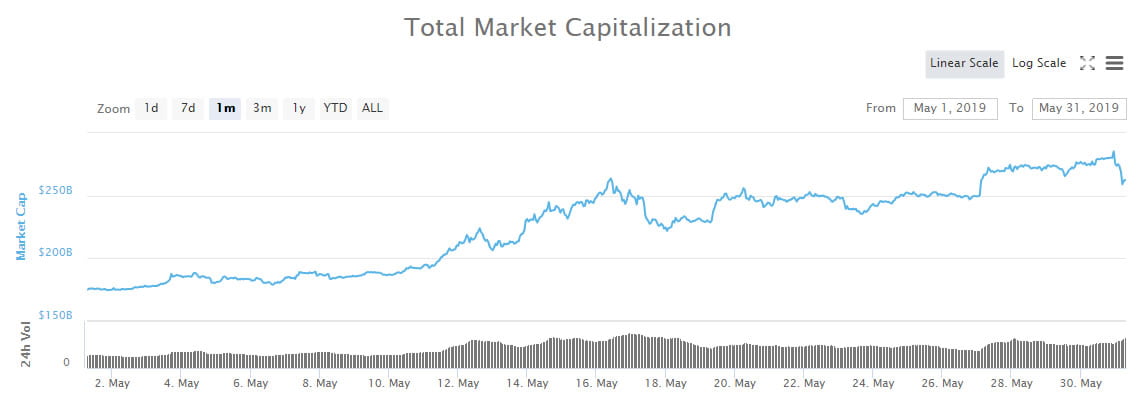2020-5-21 19:05 |
Bitcoin may not be as decentralized as it is normally touted. According to stats from BTC.com, two Chinese companies control over 52% of Bitcoin's hashrate.
This, combined with reduced rewards from the May 2020 halving, begs the question of whether the leading digital asset is fully decentralized.
The data highlights that three mining pools dominate the BTC network in the following order; F2Pool (22.7%), BTC.com (14.7%) and Antpool (13.8%). Notably, both BTC.com and Antpool are run by Bitmain which means that this Chinese rig manufacturer yields a significant amount of power within Bitcoin's network.
Source; BTC.com
The Decentralization AspectBased on this analysis, one could argue that these three mining pools could collide, compromising the BTC network through a 51% attack. Should such a situation occur, Bitcoin's decentralization would be at risk; a factor that might ultimately see the coin lose market confidence due to an erosion of its fundamental philosophy.
On the other hand, BTC halving is not particularly good news for small miners. The new 6.25BTC block reward could see larger players like Bitmain benefit from economies of scale as their struggling counterparts are forced out of the market.
As it stands, such a market shift would spell more dominance from the Chinese players. According to a 2019 report by Coinshares, 65% BTC's mining power at the time was within China,
“At the time of writing, as much as 65% of Bitcoin hashpower resides within China – the highest we’ve seen since we began our network monitoring in late 2017.”
China's Crypto and Blockchain DominanceDespite strict regulations towards cryptocurrencies, the Chinese market has remained resilient and continues to actively contribute to the volatile space.
Just recently, the PBoC also took an initiative by piloting the country's CBDC in four regions through Agricultural Bank of China. Should the tests be successful, China is expected to gradually integrate the digital yuan within its payment ecosystems for better oversight and to spur FinTech growth.
origin »Bitcoin (BTC) на Currencies.ru
|
|















